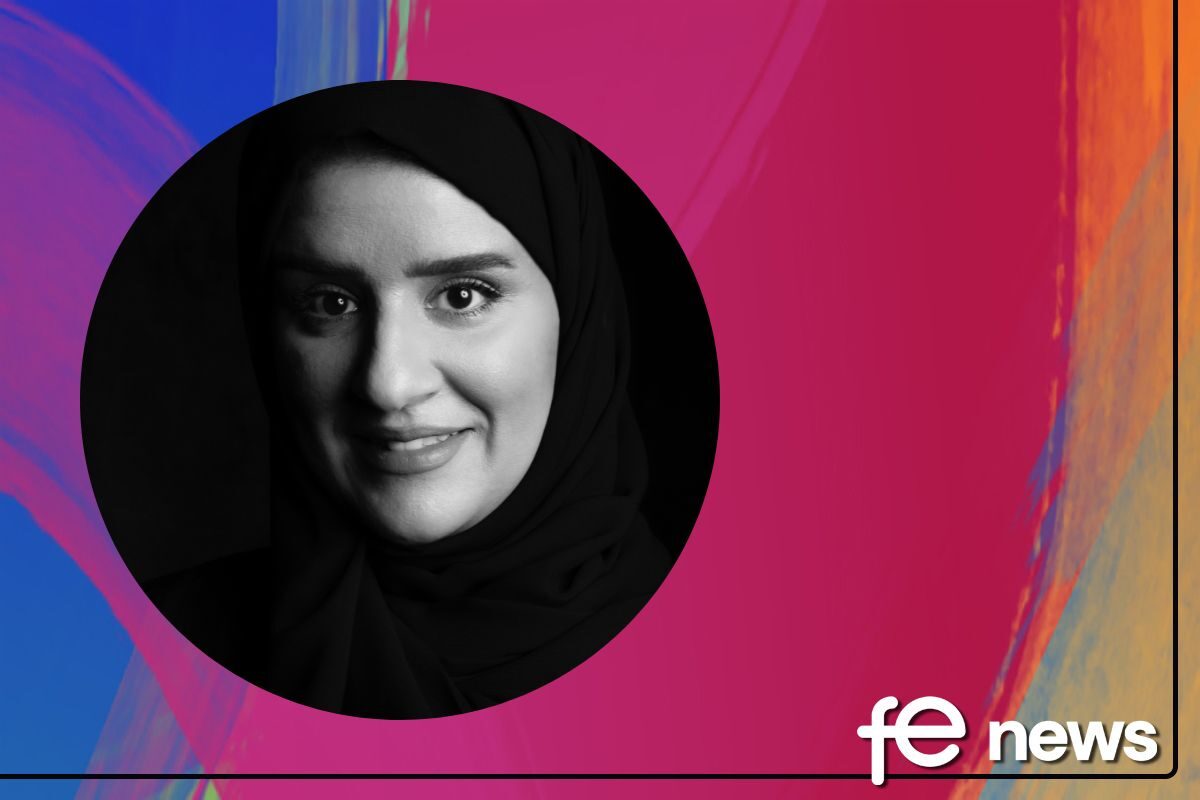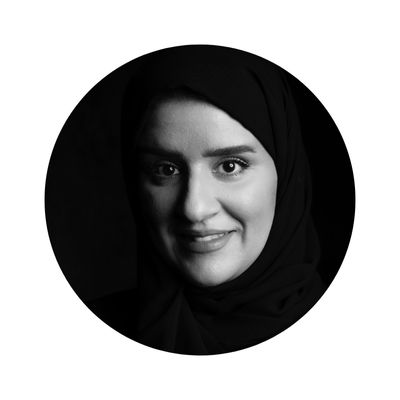Further education is not ‘either or’: interdisciplinary integration is essential for future skills

Further education can be perceived by some as presenting a binary for students – should they become a Bachelor of Arts or Science? But it doesn’t have to be that way. It is a false dichotomy. Creativity and arts are essential for future skills, so it shouldn’t have to be an ‘either or’ situation.
Science, technology, engineering, the arts, and mathematics (STEAM) are at the forefront of a progressive education. Within STEAM, “art” enriches the learning experience. It allows for personal expression, empathy and meaning-making. What’s more, it fosters valuable skills, including critical thinking, problem solving, collaboration, and innovation.
Integrating the arts into further-education
Last month, the second edition of our D’reesha Performing Arts Festival opened its doors to a host of visitors – including students of all ages. All facets of the art world were available to be experienced through a showcase of performances in Arabic and English – including storytelling, music, and poetry to visual arts and theatre. Alongside this, was the D’reesha of Invention. Interactive workshops seamlessly integrated the arts along with science, technology, engineering, and maths. Visitors were invited to indulge their curiosity by attending talks, conducting experiments, and getting involved with hands-on learning.
At its core, the festival challenged the concept of what it means to be productive. It enabled audiences to discover a new way of learning that leveraged disciplines which can sometimes be perceived at opposite ends of the education ecosystem. You really can’t have one without the other. The arts provide a set of different thinking and seeing tools that go well beyond the scientific method. We aimed to give our students as many different methods to solve problems or to make nuanced observations about the ever-evolving world around them.
Creativity is key for employability
While the festival targeted a younger audience, it struck me that there are important takeaways for further education when it comes to interdisciplinary integration. In preparing the next generation for an unpredictable employment market, we must equip them to think for themselves.
Much has been written about how technology is changing the career choices available to Gen Z and beyond. According to the World Economic Forum’s recent Future of Jobs report, technology is being integrated into the workforce at an exponential rate – expected to displace 85 million jobs globally by 2025.
However, ability to bring original and effective ideas to the table will always be in demand. It takes real imagination to develop new methods of investigation driven by the creative process.
STEAM learning’s holistic way of honing students’ skills will not only serve them academically and in the world of work, but it will open up new pathways to personal success too as they become more rounded individuals outside of the classroom. When this is done, both sides of the brain are activated, and this is key to thriving in all areas of life – especially when faced with challenges.
Practically, STEAM learning can be integrated in a multitude of ways in Further Education. For example, at apprenticeship or university level, creating opportunities for multidisciplinary research projects can bring together groups of people with diverse skillsets and expertise to solve complex tasks and create totally unique outcomes. Combining fields across arts and science, promote learning at the intersection of innovation – and equip the next generation with skills to adapt and work together to solve critical issues.
It’s never too late for an integrated approach
Pablo Picasso summed it up well – he said: “Every child is an artist. The problem is how to remain an artist once he grows up.” It is the further-education sector that has the power to make change here. It’s never too late for an integrated approach. Science, technology, engineering and math integration into art gives the problem solvers of tomorrow the tools to make real change in new and exciting ways.

Ameera Al Aji is a Qatari Artist. She graduated with BA in Art Education at Qatar University in 2009 (Qatar). Started 2004 in the Art Field, AlAji pursued a master’s in fine arts from Sheffield Hallam University, specialising in Contemporary Art (Sheffield,2018). AlAji holds an award from Sheffield research office in Research and innovation.
Ameera is a multidisciplinary artist. Her work has been exhibited internationally and it’s always been research oriented and experiment based through writing, film, photography, printmaking and drawings. Ameera participate in research around fun and creativity through education and she is a creativity activist.











Responses